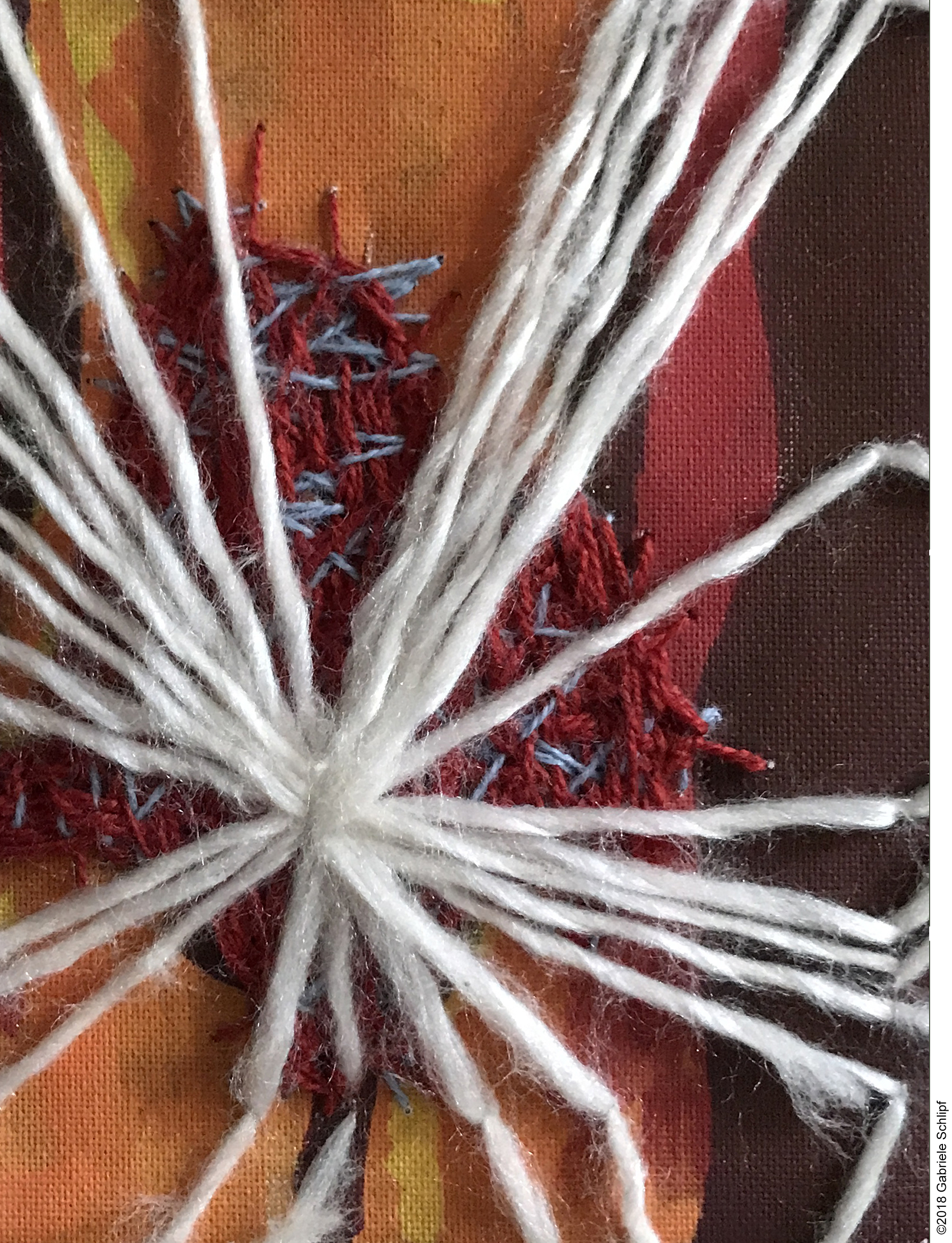Adaptive Humanism
Moving From Limiting to Quantum Narratives to Connect With the Emerging Future
DOI:
https://doi.org/10.47061/jasc.v3i2.6565Keywords:
adaptive humanism, Theory U, limiting narratives, quantum narratives, transformationAbstract
We believe that while humanity is experiencing a time of transition and transformation, it is “stuck” within limiting narratives. Those narratives prevent individuals and societies from exploring new options and from acting upon those alternatives; that is, from co-creating a future. We propose the concept of Adaptive Humanism, a process of moving from limiting to quantum narratives: a process of conscious (that is, self-aware) and continuous adaptation to a new situation, as well as critical examination of both challenges and opportunities offered by that new environment. We present real-life examples, compiled during interviews conducted by the authors, of limiting narratives, as well as a brief exploration of limiting narratives from the perspectives of psychology, philosophy, and sociology. Further, we propose that the theoretical framework and practices of Theory U create a non-judgmental open space to get “unstuck” and to move from limiting to quantum narratives, meaning self-correcting narratives oriented to and emerging from the future.
References
Bendell, J. (2020). Deep adaptation: A map for navigating climate tragedy (2nd ed.). IFLAS Occasional Papers. https://www.lifeworth.com/deepadaptation.pdf
Boje, D. (2018). The emerald handbook of quantum storytelling consulting. Emerald Publishing.
Boje, D., & Henderson, T. (2014). Being quantum: Ontological storytelling in the age of antenarrative. Cambridge Scholars Publishing.
Boje, D., & Sanchez, M. (2019). The emerald handbook of management and organization inquiry. Emerald Publishing.
Boje, D., & Rosile, G. A. (2021). How to use conversational storytelling interviews for your dissertation. Edward Elgar Publishing.
Ebert, R. J., & Piehl, D. (1973). Time horizon: A concept for management. California Management Review, 15(4), 35–41. https://doi.org/10.2307/41164456
Egan, G. (2001). The skilled helper. Brooks Cole.
Ellis, A. (2001). Overcoming destructive beliefs, feelings, and behaviors: New directions for rational emotive behavior therapy. Prometheus.
Freire, P. (2000). Pedagogy of the oppressed (30th anniversary ed.). Continuum.
Fromm, E. (1976). To have or to be. Harper & Row.
Fromm, E. (1990). Man for himself: An inquiry into the psychology of ethics. Henry Holt.
Hameroff, S., & Penrose, R. (2014). Consciousness in the universe: A review of the 'orch OR' theory. Physics of Life Review, 11(1), 39–78. https://doi.org/10.1016/j.plrev.2013.08.002
Heidegger, M. (1954/1977). The question concerning technology and other essays (W. Lovitt, Trans.). Harper & Row. (Original work published 1954).
Heidegger, M. (1993). Building, dwelling, thinking. In D. F. Krell (Ed. & Trans.), Basic writings: Ten key essays plus the introduction to Being and Time. HarperCollins.
Hernández, J. M. (2023). La banalidad trágica. Círculo Rojo.
Hey, T., & Walters, P. (2003). The new quantum universe. Cambridge University Press.
Jaspers, K. (1968). The future of mankind. University of Chicago Press.
Jung, C. (1967). Commentary on the secret of the golden flower. In M. Fordham, G. Adler, & S. H. Read (Eds.), Alchemical studies: Collected works of C. G. Jung (R. F. C. Hull, Trans., Vol. 13). Routledge.
Liotti, J. (2023). La última encrucijada. Planeta.
Lowe, N. J. (2000). The classical plot and the invention of western narrative. Cambridge University Press.
Luther, M. (1525/1957). The bondage of the will (J. I Packer & O. R. Johnston, Trans.). Baker Academic. (Original work published 1525).
Myers, J. (2018). To fight against this age: On fascism and humanism, with Rob Riemen. Carnegie counsel for ethics in international affairs. https://www.carnegiecouncil.org/media/series/39/20180201-to-fight-against-this-age-fascism-humanism-rob-riemen
Piaget, J. (1977). The moral judgment of child. Penguin Books.
Piaget, J., & Inhelder, B. (2000). The psychology of the child. Basic Books.
Plato. (1968). The republic of Plato (A. Bloom, Trans., 2nd ed.). Basic Books.
Puig, M. A. (2011). Reinventing yourself: A fresh new opportunity. Plataforma Editorial.
Riemen, R. (2018). To fight against this age: On fascism and humanism. W. W. Norton.
Ross, D. (2018). I don’t understand quantum physics. University of Southampton.
Sartre, J. (1946/2007). Existentialism is humanism (C. Macomber, Trans.). Yale University Press. (Original work published 1946).
Scharmer, C. O. (2009). Theory U: Leading from the future as it emerges. Berrett-Koehler Publishers.
Scharmer, O. (2016). Theory U: Leading from the future as it emerges (2nd ed.). Berrett-Koehler Publishers.
Scharmer, O. (2023). Protect the flame: But where the danger is, the saving power also grows. Medium. https://medium.com/presencing-institute-blog/protect-the-flame-but-where-the-danger-is-the-saving-power-also-grows-ef6077ddef89
Scharmer, O., & Kaufer, K. (2013). Leading from the emerging future: From ego-systems to eco-systems economies. Berrett-Koehler Publishers.
Tillich, P. (1955). The new being. SCM Press.
Tillich, P. (1963). Morality and beyond. Harper & Row.
Valente, L. F. O, & Silva, L. B. E. (2019). Art dwells: Heidegger’s concept of dwelling and the spatial relations between architecture and contemporary art in two artworks at Instituto Inhotim (Brazil). Oculum Ensaios, 16(3), 603–621.
Zunzunegui, J. M. (2023). Los mitos que nos dieron traumas. México en el diván: cinco sesiones para superar el pasado [The myths that traumatized us]. Grijalbo.
Downloads
Published
Versions
- 2023-11-30 (2)
- 2023-11-30 (1)
How to Cite
Issue
Section
License
Copyright (c) 2023 Francisco Miraval, Herlinda Quintana

This work is licensed under a Creative Commons Attribution 4.0 International License.


